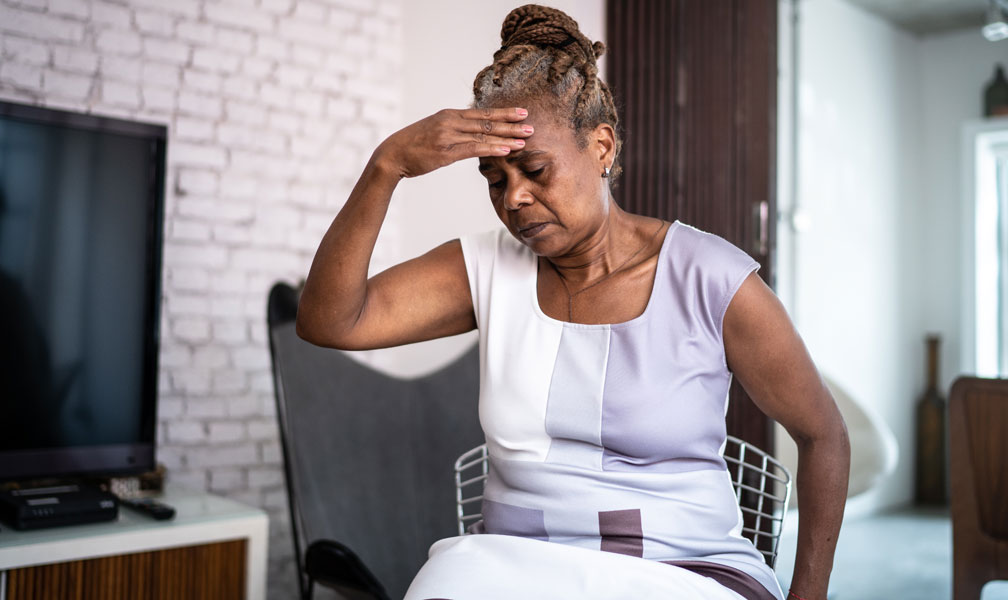
Recognizing the Signs of Financial Elder Abuse
Sometimes, the methods of preventing fraud fail and when that happens, recognizing when someone you know is a victim of fraud is the best way to prevent them from losing more money than they already may have. This is critical for older adults who often have less of a support system and tend to lose much more money than any other age group when they fall victim to financial fraud.
So, what are the telltale signs that someone, especially an older adult, is a victim of fraud? According to the Justice Department’s Elder Justice Initiative, we’ve summarized a list of ways to recognize financial elder abuse.
- Sudden changes in banking habits: humans are creatures of habit, and a lifetime of habits don’t go away in the blink of an eye. If an older adult always goes into their bank’s branch to process transactions and then suddenly switches to only using online banking, or if they always do their banking on Tuesday mornings and they switch to banking on inconsistent and random days, they may be a victim of financial elder abuse and you should reach out to them.
- Unpaid bills despite the ability to afford them: everyone has bills, and as we get older, medical bills tend to increase as we need more medicine and care. If an older adult stops paying their bills, medical or otherwise, even though you know they have the resources to pay, their money may be going somewhere else. While it may be something as simple as a technological error, they could also be a victim of fraud, and checking in never hurts.
- A previously absent family member suddenly becomes involved in an older adult’s financials: as hard as it may be to believe, family members are the perpetrators in over 45% of elder abuse incidents. If an estranged family member pops back into the life of an older adult with a demanding presence in their financial dealings, they may simply be using the older adult to profit. A sudden transfer of a significant amount of funds to that family member or the altering of a will to give them everything are major red flags that an older adult is under financial stress and abuse from a family member.
- An older adult mentions being financially victimized: sometimes the only way to know when an older adult is a victim of financial elder abuse is for them to come out and say it. Oftentimes feelings of embarrassment or fear prevent people of all ages from speaking up so when an older adult claims they are a victim of fraud, believe them and help them freeze their accounts, and take further action to prevent them from falling victim again.
These warning signs are critical in recognizing financial elder abuse and preventing any current damages from becoming much worse. Visit our Fraud Prevention Security Center for information on types of fraud, statistics, more on financial elder abuse, and more.
If an older adult you know shows signs of financial elder abuse, reach out and report it to the Justice Department’s Elder Abuse Reporting Center.
